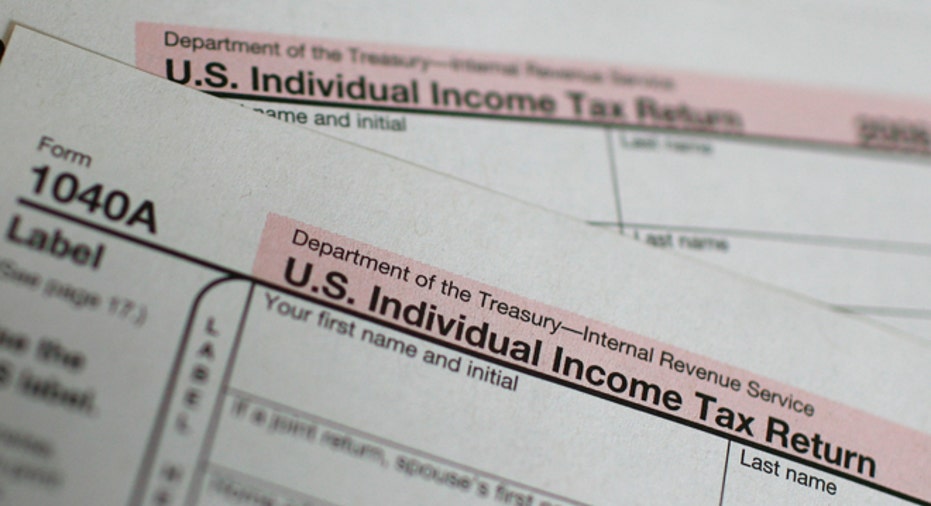Report: Developing Nations Hurt by Offshore Tax Zones

Developing countries are losing around $100 billion a year in revenues because foreign investors are channelling profits through offshore zones to avoid tax, a study by U.N. think-tank UNCTAD said on Wednesday.
"Tax avoidance practices therefore are responsible for a significant leakage of development finance and resources," UNCTAD Secretary-General Mukhisa Kituyi told a news conference.
The economic and trade body published the $100 billion figure in its annual World Investment Report, which analyses how much foreign direct investment (FDI) is flowing across borders in search of corporate takeovers and start-up ventures.
It calculated the amount by applying an average tax rate of just over 20 percent to around $450 billion of corporate profits shifted out of developing economies every year.
For several years, UNCTAD has flagged a growing trend of FDI money going into tax havens or countries that offered companies the chance to set up "special purpose entities" (SPEs) with a low tax rate.
Investment flows into the British Virgin Islands (BVI), used by UNCTAD to model tax haven trends, have averaged more than $60 billion annually since 2009. The inflow peaked at an estimated $92.3 billion in 2013 before falling back to $56.6 billion last year, UNCTAD data shows.
But countries hosting SPEs, chiefly the Netherlands and Luxembourg, are far bigger channels for investment, the report said. Those two countries, along with Hungary, accounted for $600 billion of investment into SPEs in 2011, while only $90 billion went into tax havens.
In 2012, companies held investments worth around $21 trillion in countries that were not offshore centres. But more than 30 percent of those investments, worth $6.5 trillion, had been channelled through tax havens and SPEs, the report said.
James Zhan, head of UNCTAD's investment and enterprise division, said there were now more than 3,600 double taxation treaties and 3,200 bilateral investment treaties, and such proliferation had encouraged investors to go "treaty shopping".
He said international action was needed to stop countries using tax as a lever to attract investors
"It looks like it's a national issue but you need a cross-border effort. Otherwise you have free riders. It has to be a collective effort," he told Reuters, saying developing countries also needed help to build up their tax collecting capabilities.
The UNCTAD report recommended removing aggressive tax planning opportunities as a way of promoting investment, considering the impact of anti-avoidance measures on investment, and partnership between host, home and conduit countries.
(Reporting by Tom Miles; Editing by Ruth Pitchford)



















